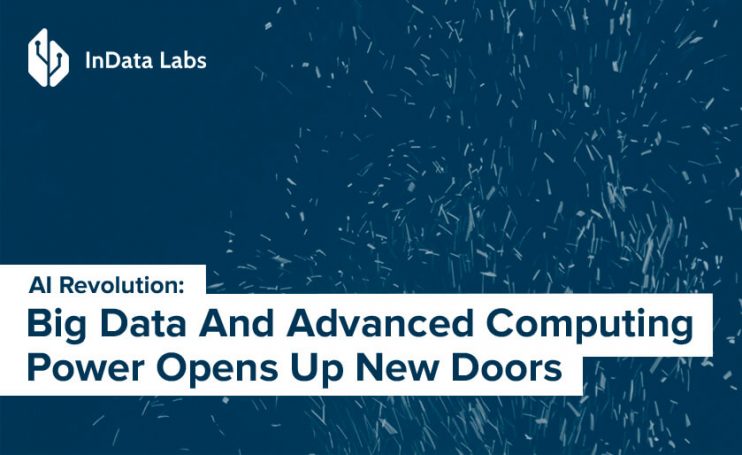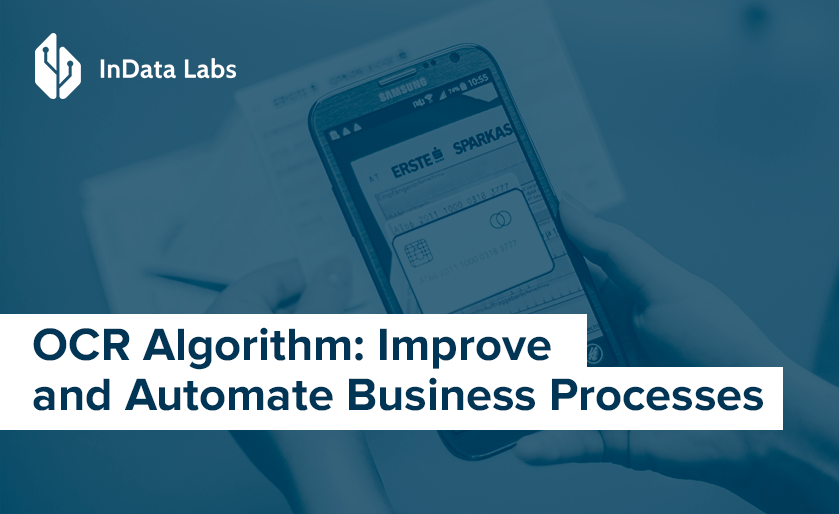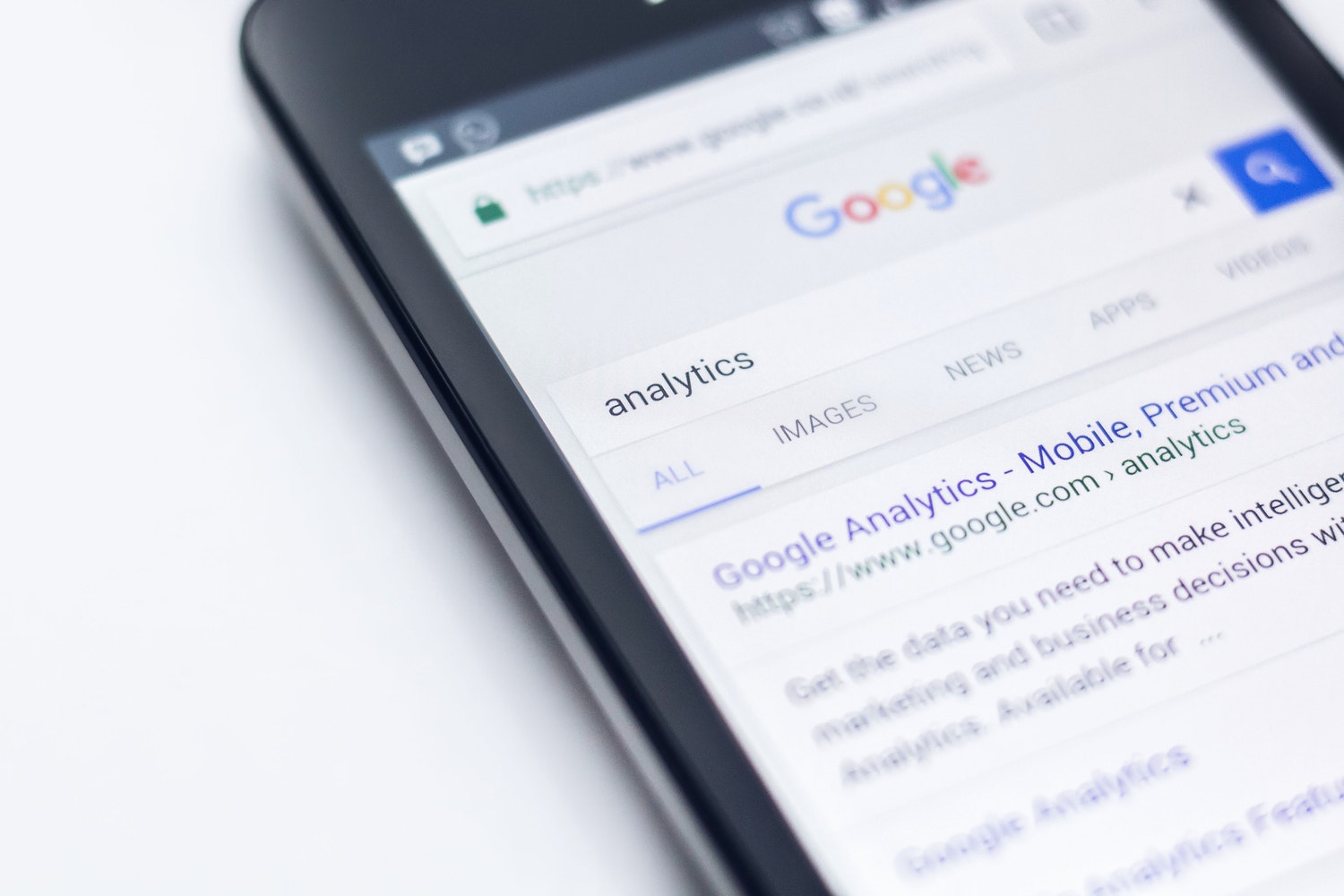Intelligence: the only weapon human species ever had to survive in the wild. In fact, with the use of smart intelligence, the human species broke the jungle’s only rule, survival of the fittest, and became the most dominating species across the globe. Millions of years down the road, humans are on the verge of witnessing the fourth industrial revolution, or Industry 4.0, driven by artificial intelligence (AI) and Big Data.
Today, one mantra drives the world: make things smarter. Artificial intelligence acts as a Midas touch on every technology to improve its efficiency and productivity. From the AI revolution in science and healthcare to agriculture and manufacturing, the adoption of AI has changed the way businesses are run dramatically.
Artificial intelligence brings second industrial revolution
During the first industrial revolution, humans discovered that steam, electricity, water, rather any kind of power could replace human labor and get the job done in less time without compromising the quality of the work. Later, we integrated computing in industries and made the traditional processes even smarter. However, one factor remained constant. Machines would never replace human interventions.

Source: Unsplash
The machines need a specific set of instructions to execute their tasks. They could improve the efficiency of the process with machine vision, but they cannot take decisions on their own. This changed with artificial intelligence. Not only machines could decide but can learn from their mistakes as well. This is precisely what artificial revolution is all about. Today, we are inside the artificial intelligence revolution where the integration of AI in every industrial process is going to transform our world as we know it.
What is AI revolution?
AI isn’t a new concept. There are hundreds of science-fiction books, short stories, and movies about AI that focus on AI overthrowing humans. The concept of creating smarter, self-aware machines that could replace humans has been floating around for decades. So, why has the AI revolution suddenly become a topic of serious discussion?
Here’s the answer: during the first industrial revolution, machines demanded the power of steam or electricity. Today, smart machines demand a colossal amount of data to decide and learn from their experience, and for the first time, we have more data than ever. From the moment people start the computer or turn on the screen of a smartphone, they are continuously creating data. The rapid digitization of the world and the surge in penetration of smartphones, even in developing countries, are the major factors that increased the amount of data for the benefit of machines. Now, AI can grow smarter, more accurate, and AI is changing the business.
However, only the availability of data is not sufficient for the AI revolution. Over the last few years, computing power has taken enormous leaps, helping machines process and make sense of the data instantly. The developments in cloud computing, 5G, and the ever-increasing amount of data have created a perfect storm for the AI revolution.
Companies leading the AI revolution have already changed things we come across every day. For instance, the recommendation that users see on Spotify and Netflix and bots that play against humans are the perfect example of the AI revolution.
Never-ending good vs bad AI debate
Thanks to all science-fiction movies, some people are dead set against the rise in integrating AI technology and they keep talking about the problems of artificial intelligence. Also, people are divided into two groups based on their prejudices about AI. They are thrilled about the AI revolution and believe that it would offer a solution to the unsolvable problems of human society or think that AI would ultimately rule over humans.
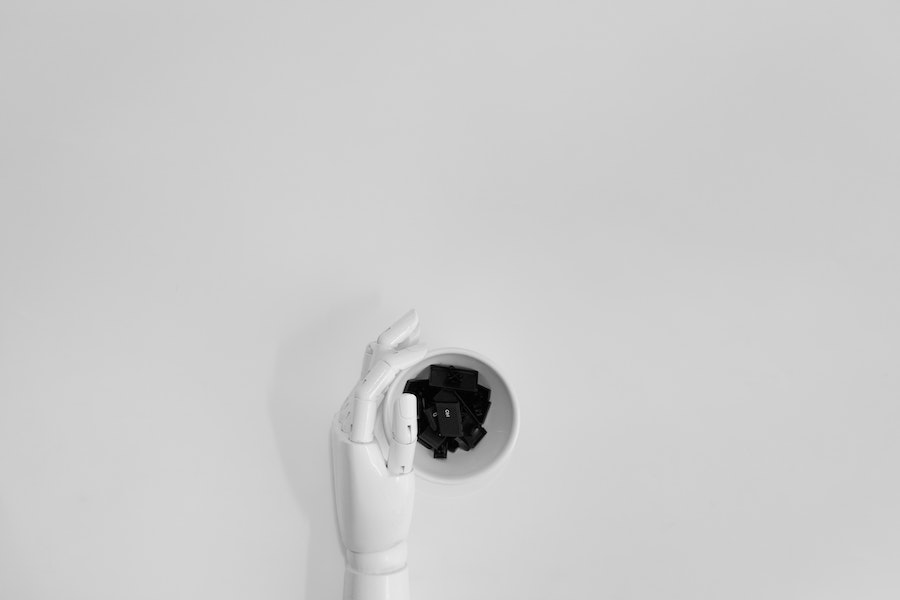
Source: Pexels
There are certain issues where AI could be used unethically and it could keep one awake at night. The bitter truth is AI revolution is coming your way if you like it. Technology has always been about improvement. This does not mean that there should not be any considerations over the ethical use of AI. It is vital to understand that every improvement in technology should be used for the betterment of society and every business leader must work hard to use AI to make a difference in the world and develop an AI strategy that offers maximum value.
People are reluctant to accept AI because of its ability to replace humans, which could increase unemployment across the globe. However, the AI revolution is on a completely different path. Yes, AI would replace humans in certain jobs, but it would create a whole new category filled with job opportunities that demand new kinds of skill sets. AI could learn, improve itself but it will remain alongside humans. Thus, people who can handle robots and AI-driven bots would never face unemployment.
Impact of fourth industrial revolution AI on businesses
The aim of the first industrial revolution was to replace human labor with machines. Similarly, the aim of the fourth industrial revolution or artificial intelligence revolution is to make every electronic device smarter. From startups to multi-million corporations, the AI revolution would affect every organization.
For instance, the medical sector would benefit from the AI revolution tremendously. With the impact of Big Data, AI could analyze a patient’s medical history in a matter of minutes and help diagnose. AI could transform the agriculture sector. With the use of smart technology, farmers can know which crops to plant when, where, and how to improve the quality of the soul to maximize the yield and run farms more effectively. AI technology and data collected by monitoring soil and weather would work wonders for farmers. Continuous monitoring of agricultural equipment can help farmers in predictive maintenance and reduce downtime.
We do not limit the AI revolution to agriculture, the medical sector, and science. AI technology is rapidly being used for analytical purposes in financial institutes to respond quickly to changes in the stock market. However, AI still needs humans for final decision-making and approval. Even though AI and machine learning could help understand a patient’s response to medical treatment, the doctor’s opinion would remain critical throughout the process. Similarly, AI could help create new fashion trends and unique apparel designs. Only the designer’s opinion would matter to decide what would appeal to customers.
This way, the artificial intelligence revolution may help industries to leverage new opportunities, but the control would remain with humans. In fact, the AI revolution would emphasize human-machine alliance. The world will witness innovations at a rapid pace and those who cannot adopt such new norms and cannot leverage the power of data and AI will struggle to compete in the industry.
Similar to the first industrial revolution, the world is on the path of complete transformation and if organizations cannot ride the wave of automation and AI, they will suffer its consequences. We are at the beginning of the AI revolution and this is the perfect time to rethink every business model, from the way companies create products and offer services to customers to how they bring their products to market.
Inside artificial intelligence revolution: the ultimate future
AI-driven technologies would be at the center of every organization. However, only AI will not tackle every challenge and improve business operations. AI is all about efficiency and accuracy. However, it is observed that AI recommendations often improve with the subjective input of a human.
For instance, in the supply chain, AI could warn managers regarding upcoming challenges and help understand demand forecasts and offer recommendations to a limited extent. However, human understanding of customer needs is something that is difficult to quantify and, therefore, quite difficult for AI and computer vision technology to understand. By combining human intuition and AI capabilities, one can effectively offer customers what they need and help companies develop products that grab customer attention.
The success of the AI revolution lies in embracing the computational powers of AI, vision trends, and human intuition. It would certainly help solve the most pressing issues of society.
How to prepare for the AI revolution?
Complete autonomy is not a dream anymore. The advancements in computing technology have opened new opportunities for AI. Thus, companies should be prepared to leverage the benefits that AI offers. Here are a few steps that can help companies during the AI revolution:
Understand business requirements
Before digitally transforming the organization, take a look into the business requirements and customer needs and ask whether the company needs AI-driven solutions. One of the major benefits of the AI revolution is predictive analytics. With the use of predictive analytics, AI can take care of a variety of tasks and help in making informed business decisions. Companies must fully understand the impact of the adoption of AI solutions before investing in digital transformation.

Source: Pexels
Know about risks
AI is new for everyone and there is no one-size-fits-all solution. Thus, if a company implements tech solutions offered by an artificial intelligence research company, we must prepare it for the associated risks. The only way to benefit from AI implementation is to learn from mistakes and invest in small AI initiatives. Organizations must critically evaluate their investments, benefits, and failures with the AI implementation. As there are not enough documentation or case studies, they have to figure out how AI could improve their businesses.
Invest in artificial intelligence resources
The benefits of AI are tremendous and most organizations are excited to leverage AI capabilities but lack enough resources, such as AI developers while implementing it. The world is still learning about AI and there is a lack of a skilled workforce that can understand, let alone work on AI technology. Also, several companies that have invested in AI development do not have affordable and scalable IT infrastructure to support AI software development. Thus, before making enormous investments in adopting AI solutions, have a supportive infrastructure and workforce.

Source: Pexels
Take social media and E-commerce seriously
There are several companies that lost their consumer base as they failed to transition into E-commerce. Invest in developing chatbots for customer services and carefully use FAQs that target specific keywords using predictable word tracks. This is the quickest and most beneficial use of an AI solution that has proven helpful for most organizations.
Use AI to free the existing workforce
AI solutions could replace the time-consuming, redundant tasks of humans. Organizations should identify such tasks that could be augmented with AI and free their workforce to work on those business operations that create value for the companies. We are still at the beginning of the AI revolution, thus there are only a few roles where AI solutions can entirely replace the workforce.
Invest in cybersecurity
AI solutions are intertwined with the internet and a colossal amount of data. Thus, it is essential to understand the risks that could come with the adoption of AI solutions. AI has been a known victim of cyberattacks and malware, which could threaten the sensitive information of the company. Thus, invest in developing an IT department that could protect against cyberattacks and company data.
Teach workforce about the AI revolution
The fear of losing a job to AI could let down the morale of the entire team. Instead of giving in to the fear of AI, create new job opportunities in the organization that works alongside AI and encourage team members to improve their skill set. AI could improve employee’s work, but it does not possess common sense and human touch, which would help create a solid foundation between human-machine alliance within the organization.
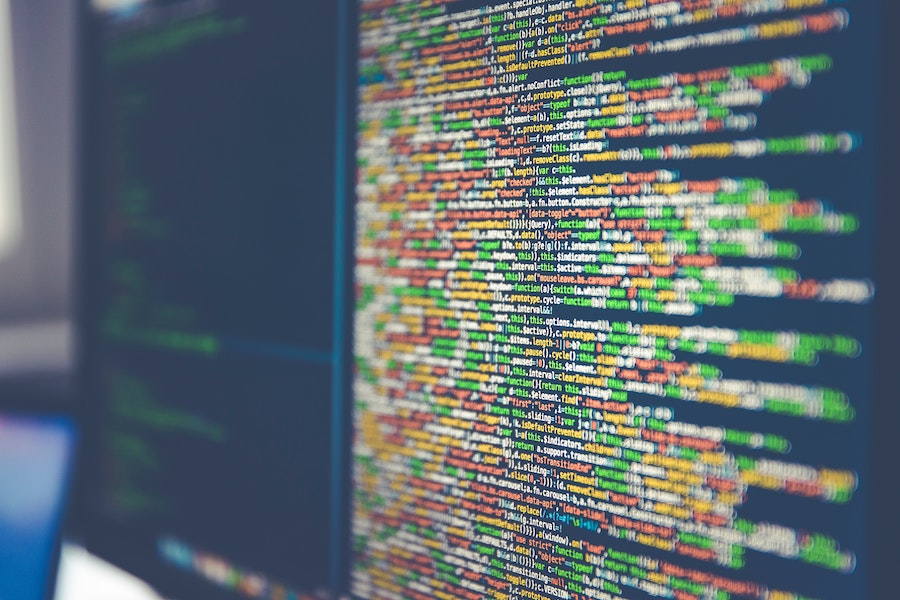
Source: Pexels
Take a deep look at company data
AI utterly depends on good data and lots of it. Thus, the organization must have a vast amount of useful data. There are several data science techniques that verify the quality of data and help clear out duplicate and disadvantageous forms of data. Once the organization possesses clean and beneficial forms of data, it can leverage the advantages of the AI revolution.
Final Note
The AI revolution is the next industrial revolution. The AI revolution is bound to disrupt manufacturing, commerce, transportation, and many sectors across the globe. Like every other revolution in the past, it would offer new opportunities only if companies learn how to leverage AI technology.
Author Bio:
Swamini Kulkarni holds a bachelor’s degree in Instrumentation and control engineering from Pune University and works as a content writer at Allied Market Research. The impact of technology on human life deeply fascinates her and she loves to talk about science and mythology. When she is not glued to the computer, she loves to read, travel and daydream about her areas of interest.
Let’s Create AI-Powered Solutions Together!
The team of skilled data scientists and engineers will help you design and develop a custom solution that will address the challenges and enhance your business. Arrange a call by contacting us at info@indatalabs.com.
